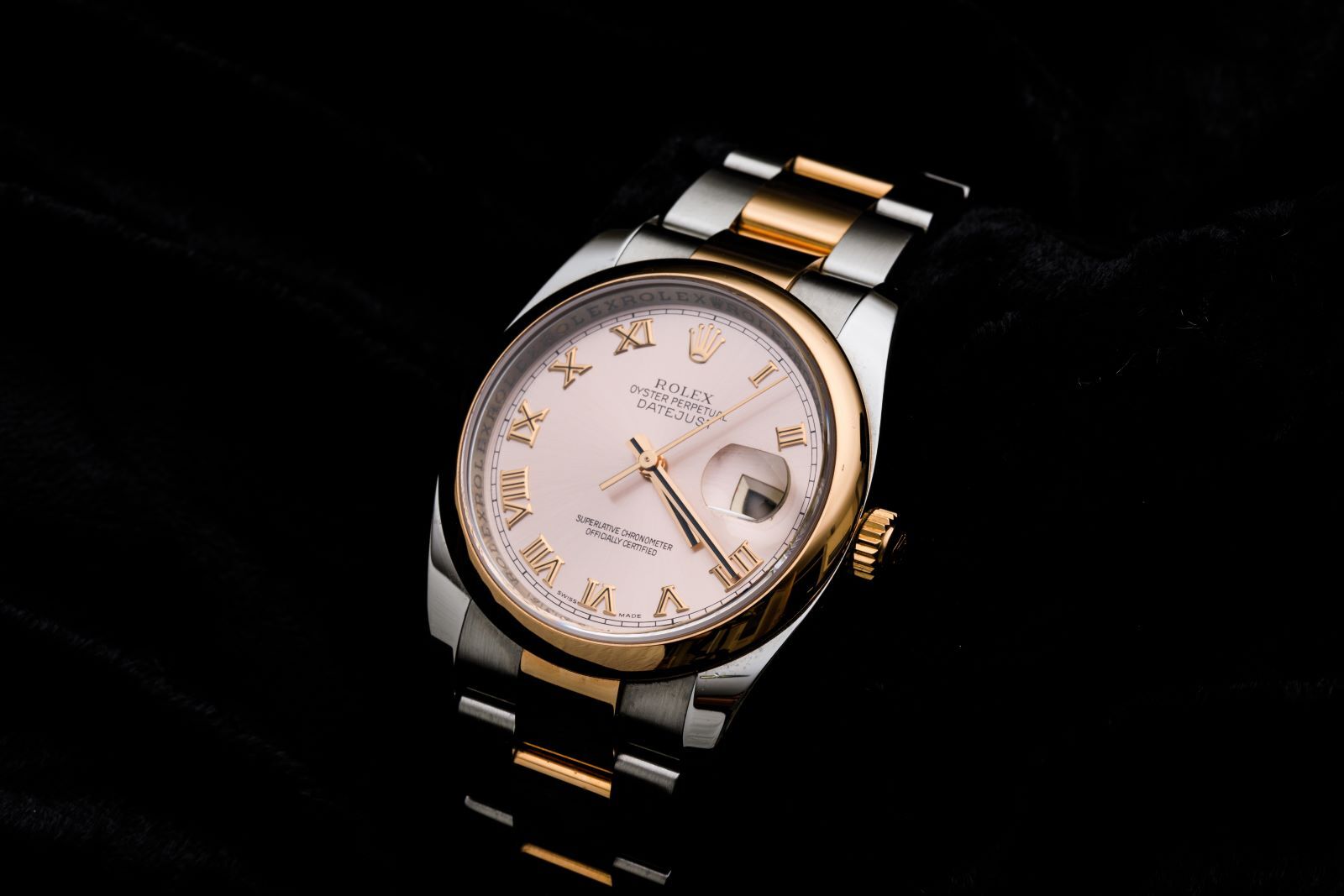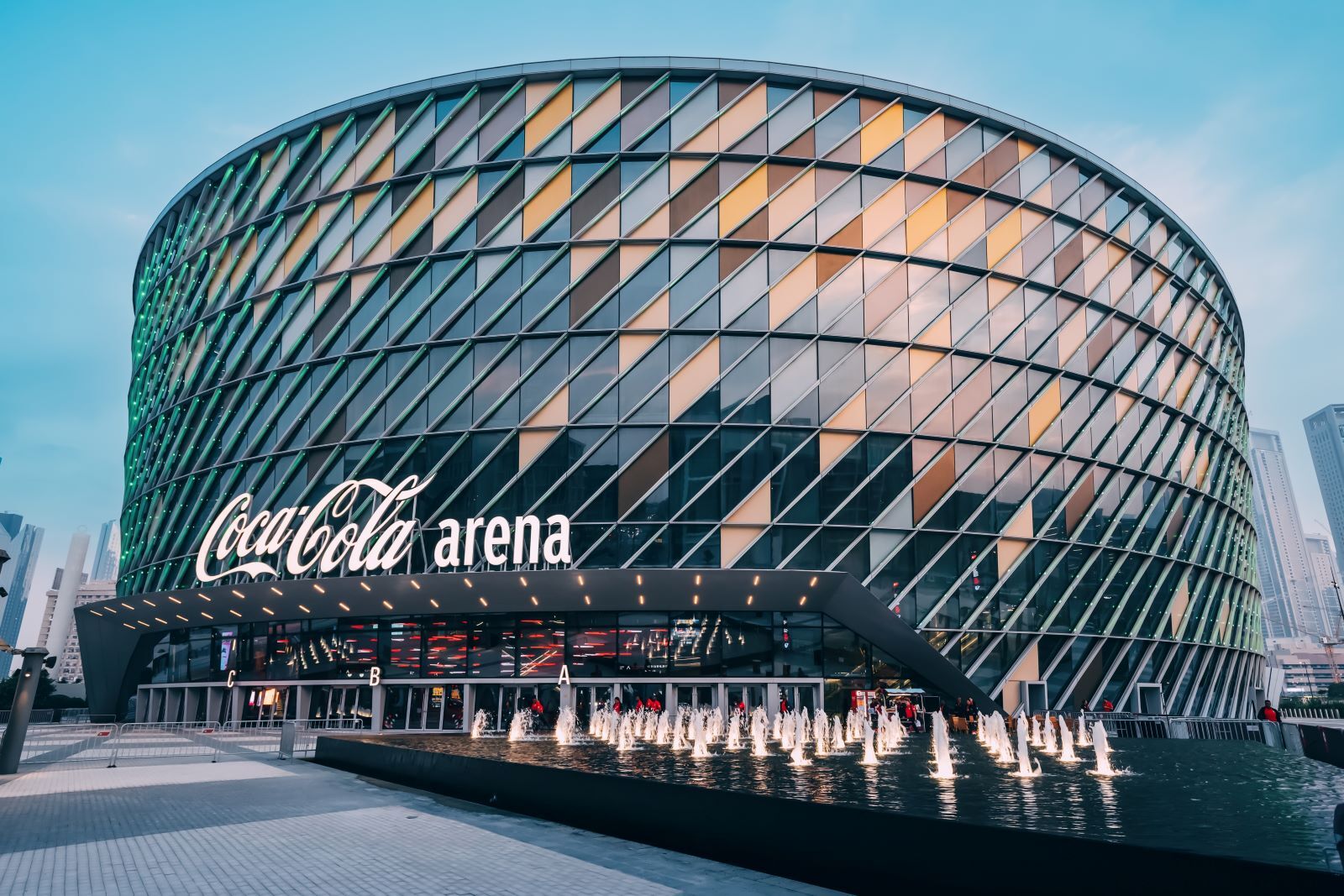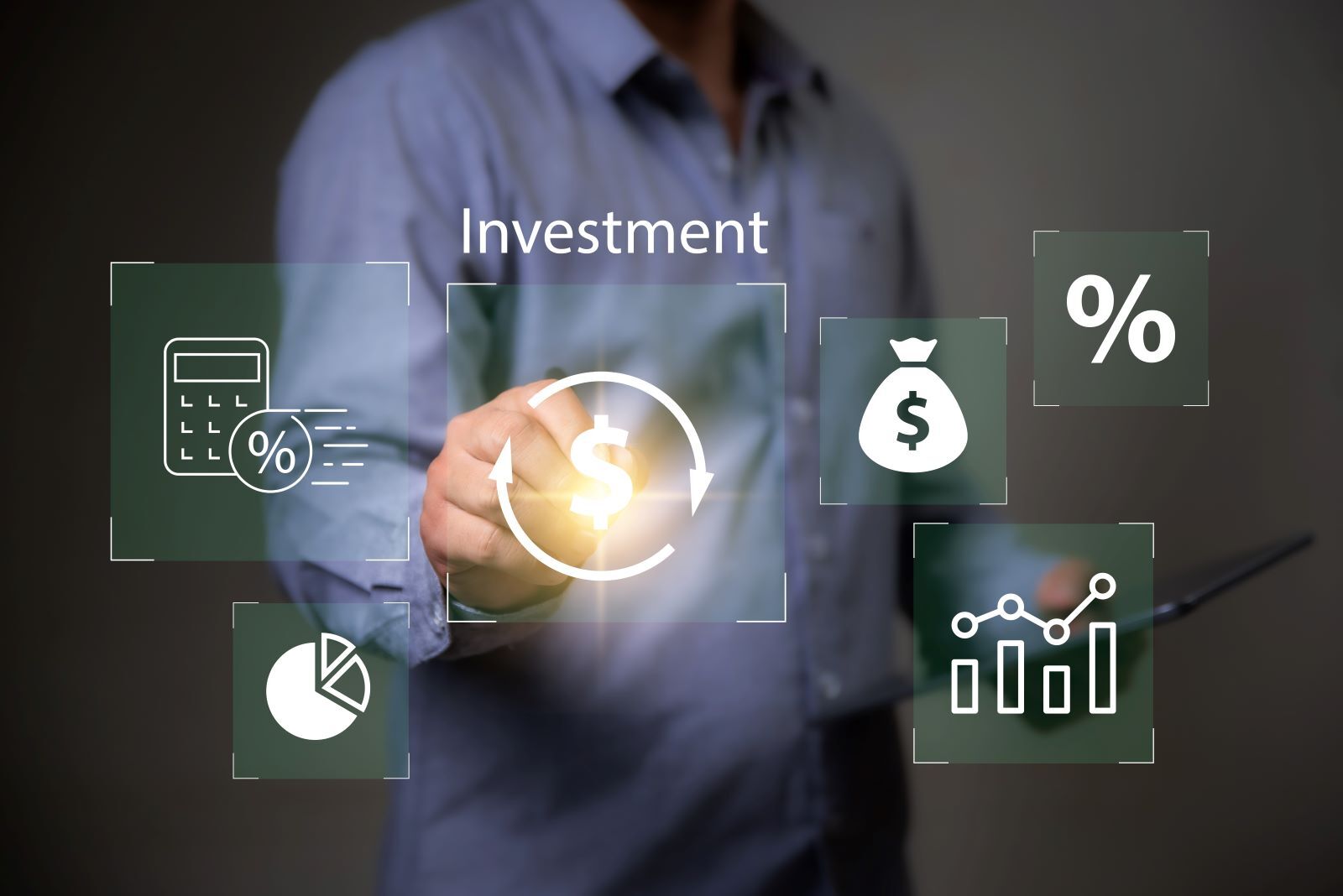Eid Al-Adha 2025 in Dubai
Published: 30 April 2025
Eid Al-Adha arrives early this year, and with it, Dubai begins to slow down. This is a holiday shaped by meaning and reflection, marking the end of Hajj and honouring the story of Prophet Ibrahim. The dates for 2025 fall from Thursday, June 5, to Sunday, June 8, though as always, final confirmation comes down to the moon sighting.
As the city prepares, something in the atmosphere shifts. Mornings feel quieter and schedules thin out, with everything pushed to "after Eid". There's a sense that something is being readied.
Unlike the city's more publicised events, Eid in Dubai isn't for display. It's deeply personal. What makes it feel lavish is not what's seen, but what's done well. The elegance lives in the details — in hand-delivered invitations, in the timing of a prayer, in the quiet choreography of a dinner that unfolds over hours rather than courses. This is where Dubai excels, everything feels slightly more deliberate, more considered.
.jpg?width=1000&height=664&name=unnamed%20(87).jpg)
A Season of Quiet Splendour
Eid Al-Adha in Dubai is about getting the small details right. Families have been quietly preparing for weeks — phone calls made, menus planned, guest lists carefully considered.
After morning prayers finish, homes across the city fill with visitors. People reminisce and gather to share family stories that rarely find space in their normally packed schedules. For once, there's time to listen properly.
At a long-established Emirates Hills villa, household staff who have served with the family for nearly 20 years move around like they can read minds — glasses refilled without asking, empty plates disappearing, fresh food arriving. That's real luxury in Dubai — something that's had time to become perfect.
The food setup looks simple, but it isn't. Dates with rose water. Baklava with pistachios. Flowers from Holland, always arranged the same way — never tall enough to block conversation, but plentiful enough to look generous.
Arabic coffee appears without anyone ordering. Lamb dishes — whether it's ouzi, harees, or whole roasted shoulders — sit next to mounds of saffron rice. Side tables groan with mint tea and desserts. The best Eid gatherings blend old and new without trying. In the majlis, traditional floor cushions and Persian rugs sit beneath modern art collections. Grandparents in traditional dress share the space with younger generations, conversations flowing between family stories and memories. In the kitchen, hands prepare luqaimat – those cherished golden doughnuts, crispy outside yet perfectly soft within – a recipe that exists only in memory, passed down through generations rather than written instructions.
Read Also : Premier Polo Clubs in Dubai
Private Tables, Timeless Rituals
Restaurants and hotels see a different side of Eid — less about dazzling new customers and more about taking care of regulars.
Anyone trying to book a private room at Gaia, Shanghai Me, or Zuma in mid-May could be faced with polite refusals. These spaces get locked down early, through booking apps as well as through relationships. Many families like to claim the same corner of a restaurant for Eid dinner every year.
Atlantis The Royal does something interesting with their rooftop spaces during Eid. Beyond the candles and jasmine that perfume the air as evening descends, they work with families to customise menus based on personal history. Chefs develop dishes based on spice combinations from a father's hometown. A lentil soup might come from a recipe a mother used to make, updated but instantly recognisable to everyone at the table.
The Burj Al Arab maintains its legendary service year-round, but during Eid, entire floors reserved for celebrations become stages for an almost imperceptible choreography. Staff appear precisely when needed — a plate vanishes the moment it's finished, requests fulfilled before they're voiced. No hovering about. No awkward pauses in conversation. They've mastered this balance through years of attending to guests who notice absence more than presence. During Eid, when meaningful exchange matters most, this talent becomes particularly valuable — the quiet art of anticipating needs without interrupting moments.
Hotels have mostly dropped the massive Eid buffets that were popular years ago. Now it's about smaller, more carefully thought-out menus — lamb with local honey, desserts where cardamom takes centre stage, coffee served with dates from specific farms in Al Ain. The goal isn't to overwhelm with choices but to make each dish meaningful in essence.
During Eid, restaurants across DIFC and Palm Jumeirah introduce special celebratory menus and private dining options to larger family gatherings. The real VIPs aren't the ones making impossible demands; they're the ones who never have to ask because everything's already been thought of.
Read Also : Ramadan in Dubai
Luxury Travel Retreats
When Eid arrives and temperatures hit 40°C before lunch, certain neighbourhoods in Dubai start to empty. Driveways clear. Shutters close. House staff get brief holidays of their own.
The private aviation terminals at Al Maktoum and DWC tell the story. For Dubai's expatriate community, Eid offers a perfect opportunity to travel. Around two-thirds of premium Eid bookings are repeat guests.
These aren't random or experimental trips. Travellers head to places they know well — private villas in the Seychelles, overwater bungalows in the Maldives, estates around Lake Como or hidden along the French coast. Many expats also take the time to return to their home countries, reconnecting with relatives and honouring the Eid tradition of gathering with loved ones.
Meanwhile, Emiratis typically remain in the UAE, as tradition dictates. The holiday centres around strengthening bonds, with visits between households throughout the celebration days.
Not everyone leaves Dubai, of course. Al Maha and The Ritz-Carlton Al Wadi Desert see their reservations fill months ahead. These places offer something increasingly rare — actual quiet. Morning falconry shows, afternoon spa treatments, long lunches where conversations needn’t be hurried. As evening brings slight relief from the day's heat, families gather on private terraces (equipped with discreet industrial coolers) for dinner under the stars.
The wellness angle has taken off recently, too. Yachts leaving from Dubai Marina aren't just party boats during Eid — they're floating retreats with yoga instructors, massage therapists, and nutritionists. No fixed schedule except sunrise yoga, swimming in open water, and watching sunset from the deck.
Even Qatar's getting in on this with Zulal Wellness seeing more UAE visitors. Their approach blends traditional Gulf medicine with modern wellness, which seems to resonate particularly during Eid. The treatments feel connected to cultural identity rather than imported from some generic spa menu.
Eid travel isn't about escaping obligations. It's about creating space for what matters. The actual destination seems less important than just being somewhere different, somewhere the holiday can take centre stage instead of being compressed between Dubai's relentless work schedules and daily routines. What's truly valuable isn't the private jet or the island villa, it's having room to remember why the holiday matters in the first place.
Read Also : Schools in Dubai for Expats
Reflections Beyond Celebration
As the final day of Eid comes to an end, traffic returns to Sheikh Zayed Road. Construction sites come back to life. Shopping malls fill. Dubai will be Dubai again — fast, ambitious, restless — but with the afterglow of Eid still warming its edges.
While the city excels at spectacle and breaking records, Eid reveals Dubai's other talent — knowing when to slow down. The emirate remembers to honour the past, to strengthen bonds that don't appear on balance sheets, to value things that can't be measured in square footage or thread count. While the city keeps rushing forward, the echo of those slower Eid days still resonates somewhere beneath the surface.



